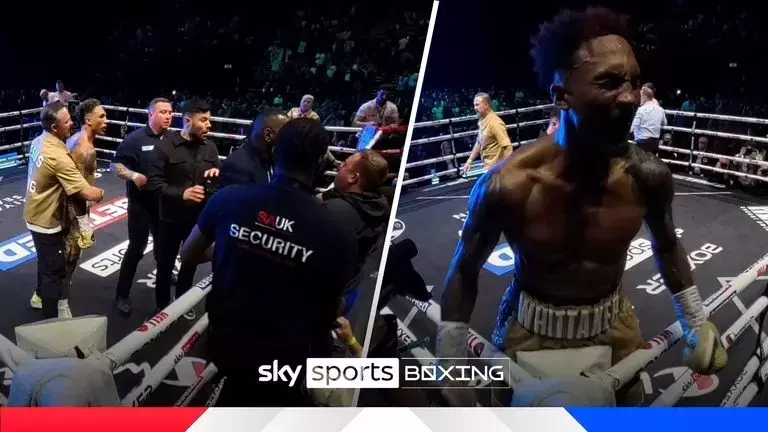
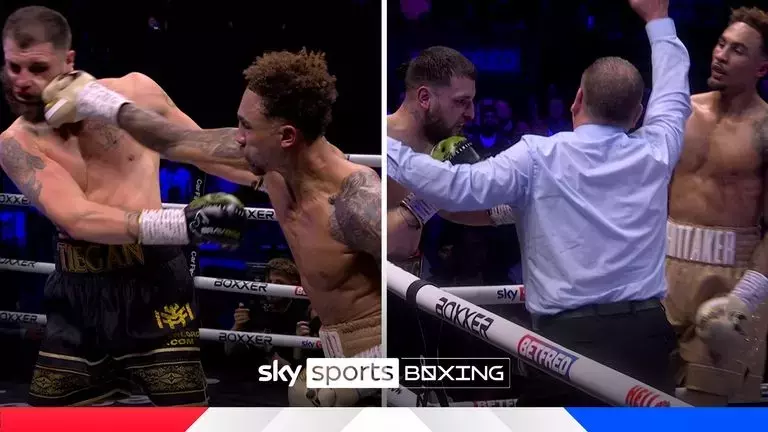
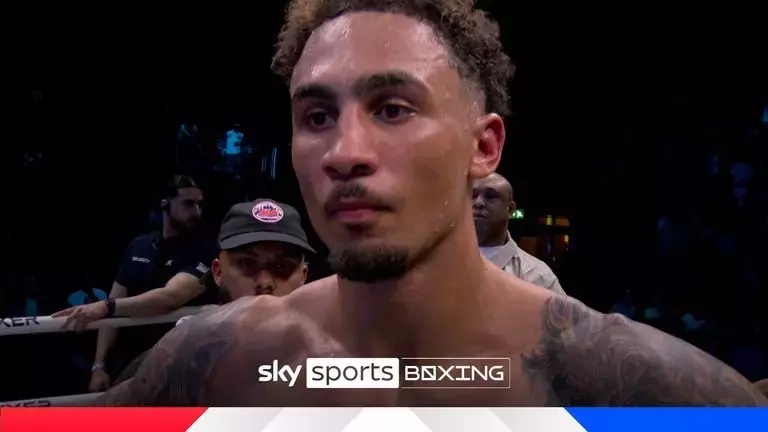
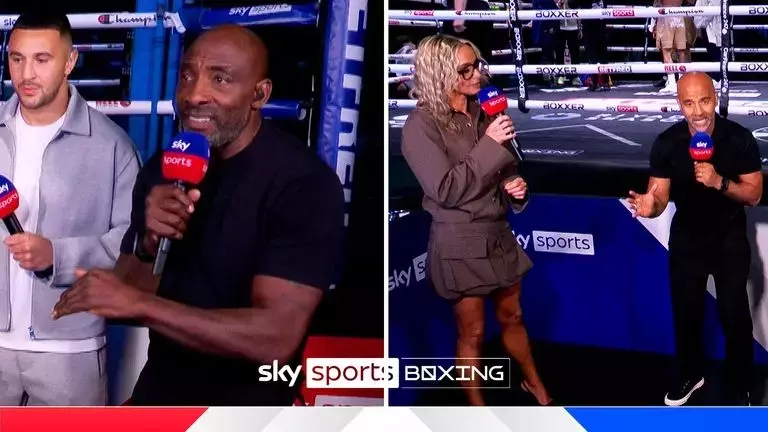
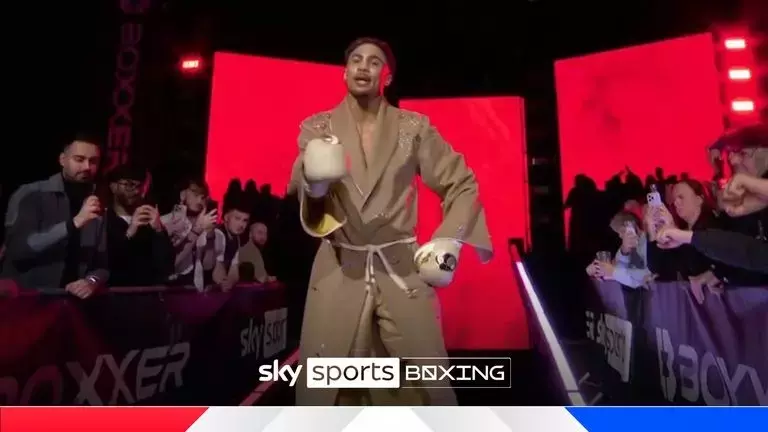


Controversial Celebrations Spark Debate Among Boxing Fans
The world of professional boxing witnessed an explosive rematch between Ben Whittaker and Liam Cameron, where Whittaker emerged victorious with a decisive second-round knockout. Yet, it was his conduct afterward that dominated headlines. As he celebrated by engaging with Cameron's corner, specifically trainer Grant Smith, opinions were sharply divided among experts and spectators alike.
While some viewed Whittaker’s actions as justified expressions of pent-up frustration, others labeled them as unbecoming of a true sportsman. The debate rages on, reflecting deeper issues within the sport regarding respect and decorum in high-stakes contests.
A Journey Through Adversity: Understanding Whittaker’s Perspective
Before dissecting the controversy, it is crucial to appreciate the journey Whittaker endured leading up to this bout. Since their initial encounter last October, which ended inconclusively due to unusual circumstances, Whittaker faced relentless criticism. Accusations of quitting during that match added fuel to the fire, making Sunday’s contest not just another fight but a personal redemption arc.
This psychological burden weighed heavily on him, evident from his pre-fight demeanor amidst a sea of boos. Despite these challenges, Whittaker channeled negativity into motivation, delivering one of his finest performances yet—a testament to resilience under pressure. His ability to silence critics through action rather than words speaks volumes about his character.
Anatomy of the Fight: A Masterclass in Precision
From the opening bell, Whittaker exhibited tactical acumen rarely seen at such a young age. He meticulously studied Cameron’s movements, anticipating every move before countering effectively. The defining moment came midway through the second round when a thunderous right hand sent Cameron crashing to the canvas.
What made this victory even more remarkable was its efficiency. By swiftly dismantling his opponent, Whittaker demonstrated superior skill sets honed over years of rigorous training. It wasn’t merely brute strength; instead, it showcased calculated precision born out of experience and discipline.
Post-Fight Fallout: Analyzing Reactions Across the Spectrum
In the immediate aftermath, reactions varied widely across the boxing community. Prominent figures like Dave Coldwell condemned Whittaker’s behavior, terming it classless and disrespectful towards Cameron’s team. Such sentiments echoed those of Callum Simpson, who questioned whether such antics truly reflected Whittaker’s values.
Conversely, Johnny Nelson offered a contrasting viewpoint, emphasizing the human element behind Whittaker’s outburst. According to Nelson, emotions often spill over during moments of extreme stress or relief, rendering judgment calls subjective. This duality highlights how differently people perceive identical events based on individual perspectives.
Looking Ahead: Lessons Learned and Future Implications
As dust settles around this incident, focus shifts toward what lies ahead for Ben Whittaker. While his talent remains undisputed, managing public perception becomes equally vital moving forward. Striking a balance between assertiveness and humility could redefine his legacy beyond mere victories inside the ring.
Moreover, incidents like these underscore broader discussions concerning athlete behavior in modern sports culture. With increasing scrutiny placed upon athletes both on-field and off-field, understanding boundaries becomes paramount—not only for maintaining integrity but also fostering mutual respect among competitors.
